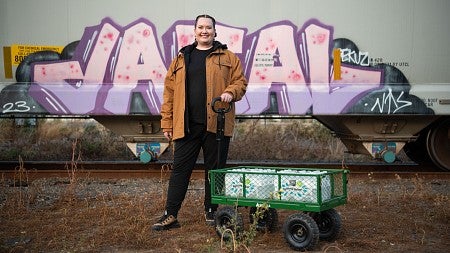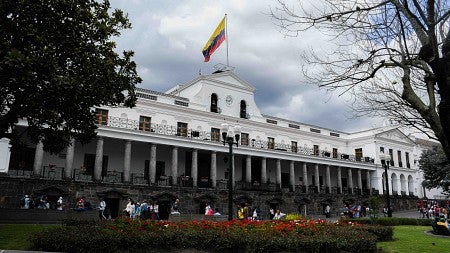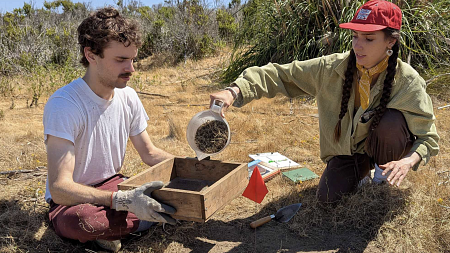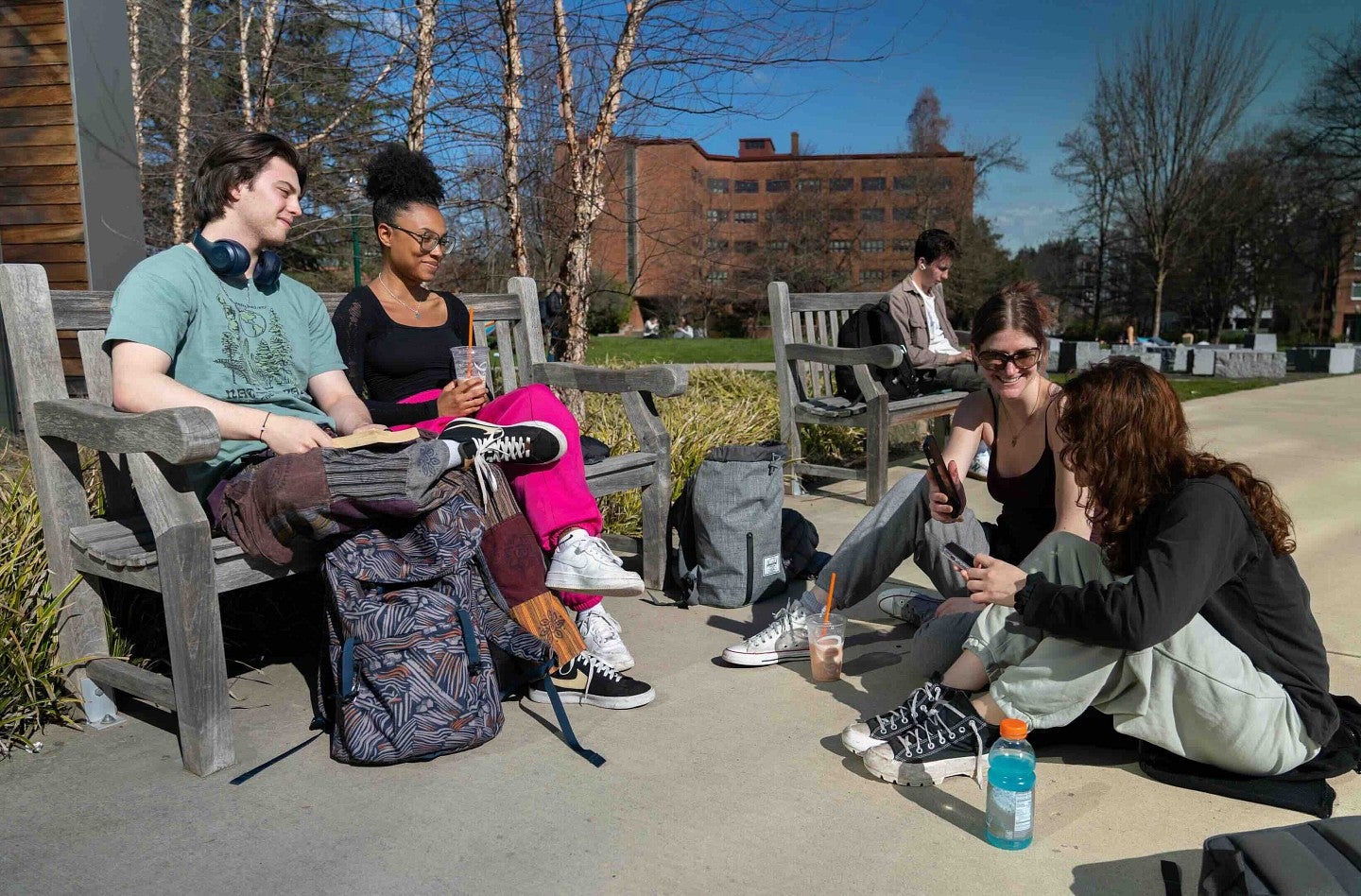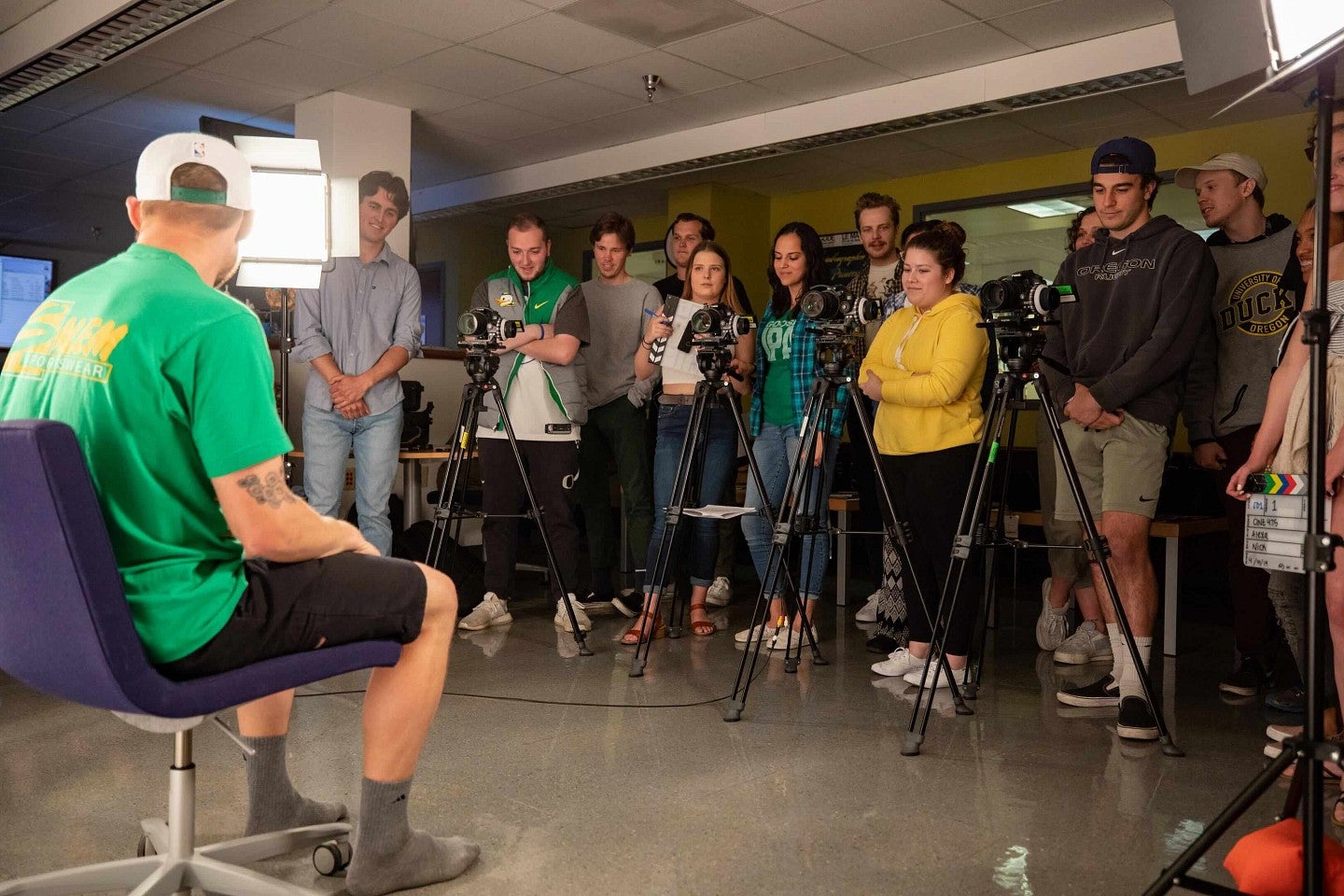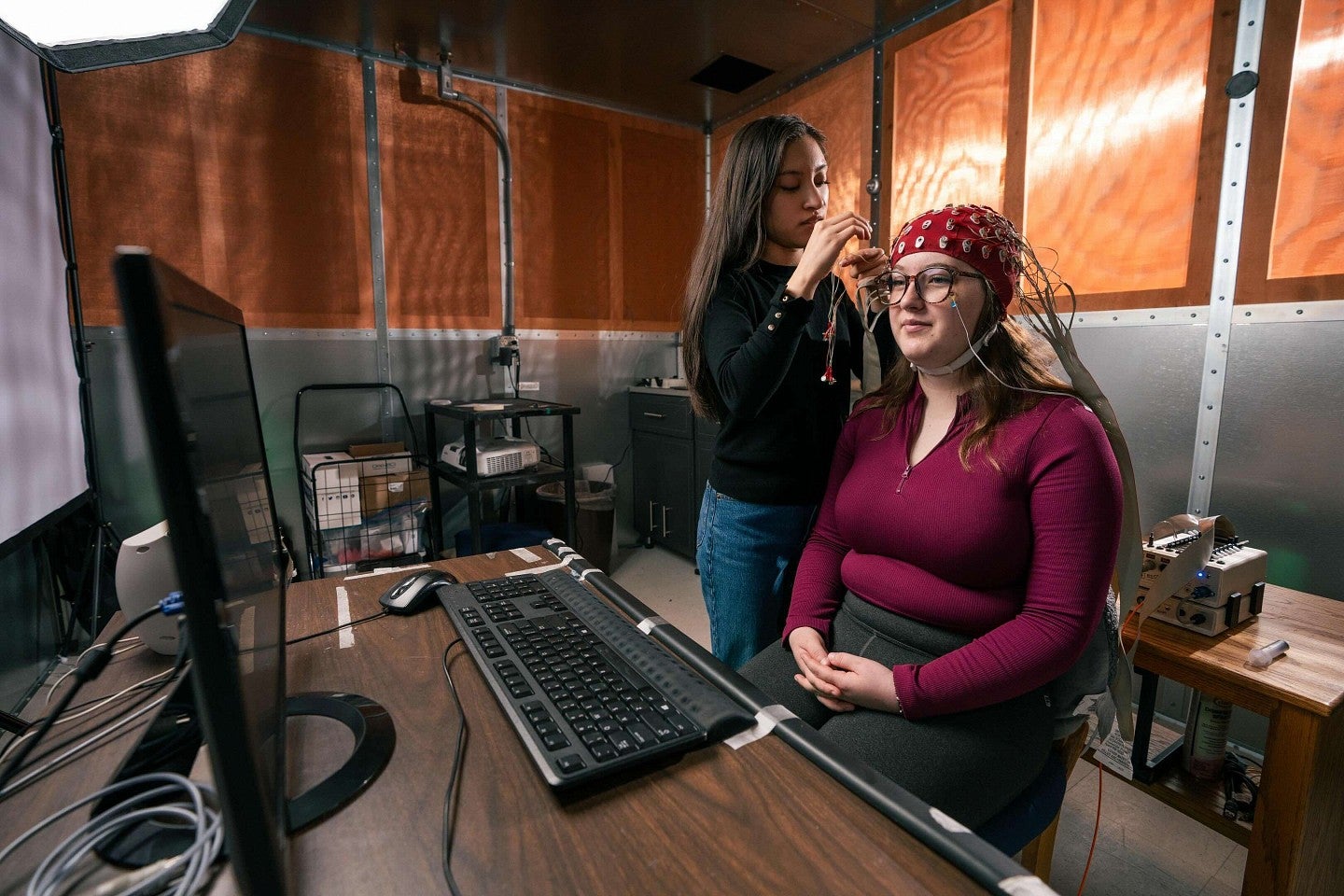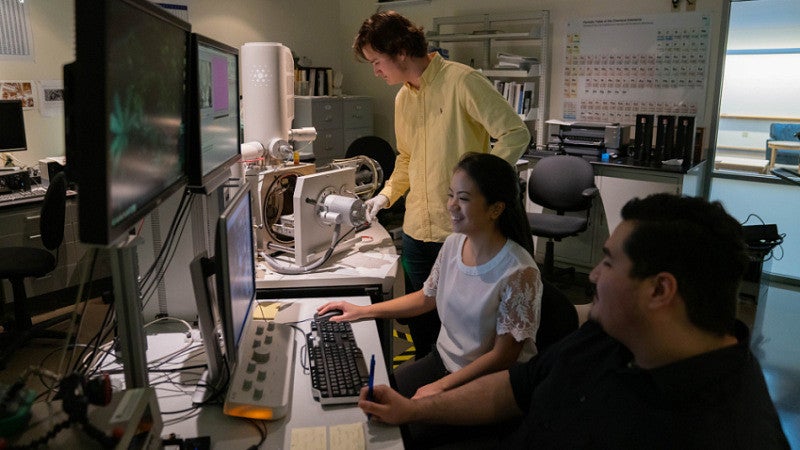
Social sciences provide an analytical approach to society’s problems. As a result, faculty and students in the social sciences often focus on complex and intersectional issues such as racism, international conflict and war, climate change, and poverty. Through an objective and empirical approach to these issues, the goal is to generate genuine passion and equip future leaders with the skills they need to address the world’s challenges. Explore majors, minors, concentrations, and academic programs in the social sciences.
African Studies
Anthropology
Asian Studies
Black Studies
Climate Studies
Commerce and Society
Criminology
Economics
Environmental Science
Environmental Studies
News from Social Sciences
All news »
We Love Our Supporters
Gifts to the College of Arts and Sciences can help our students make the most of their college careers. To do this, CAS needs your support. Your contributions help us ensure that teaching, research, advising, mentoring, and support services are fully available to every student. Thank you!
World-Class Faculty in the Social Sciences
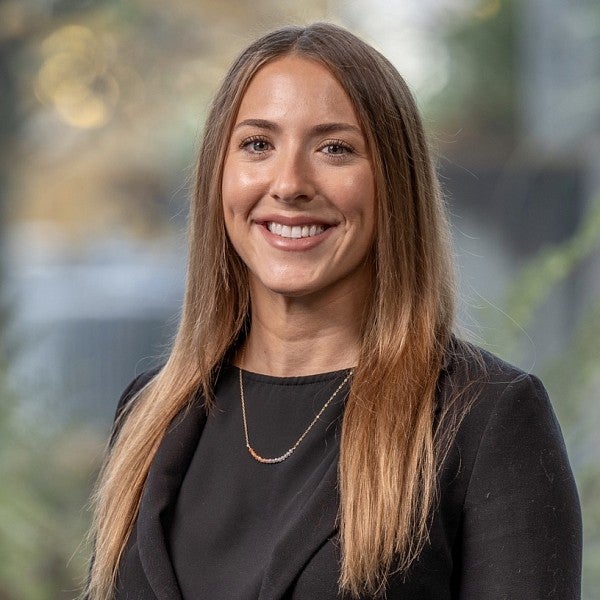
Ashley Cordes
Assistant Professor of Indigenous Media in Environmental Studies and Data Science
Ashely Cordes is an academic expert in Indigenous data sovereignty, artificial intelligence, blockchain technology and cryptocurrency. Her research explores how Indigenous communities can leverage technological utilities—such as cryptocurrency and AI—for Tribal economic independence, representational and data sovereignty, and preservation of knowledge systems.
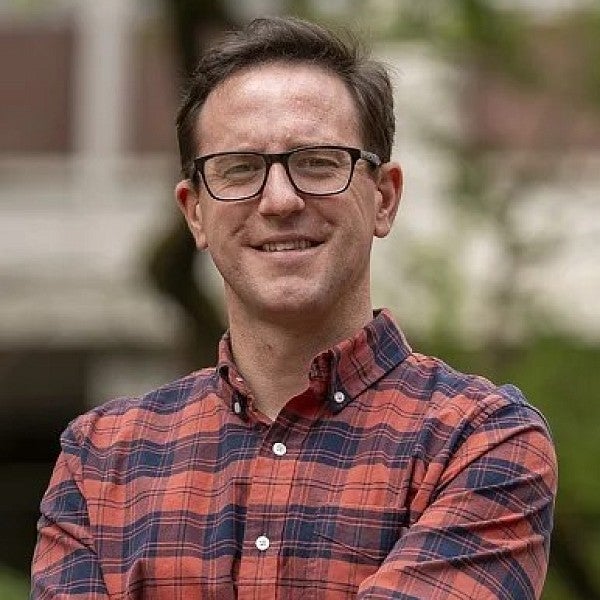
Neil O'Brian
Assistant Professor of Political Science
Neil O’Brian is an academic expert in U.S. politics focusing on public opinion, political parties, and polarization. His recent work has focused on how people’s perceptions of politics and current events affect their political attitudes. He’s recently published the book The Roots of Polarization: From the Racial Realignment to the Culture Wars (University of Chicago Press).
O’Brian is the second UO researcher to receive an Andrew Carnegie Fellowship. O’Brian is using the fellowship to further explore what he calls the “doctor’s project.” The start of this research began when he identified a partisan divide in the trust people have in their physicians; those on the political right expressed less trust in their doctors than those on the left. This is a recent phenomenon, as data showed no difference in trust in one’s doctor until a shift in 2020-21, during the emergence of the COVID-19 pandemic. O’Brian argues the partisan divide over public health measures—such as masking and vaccines—led to less trust in the medicine industry.
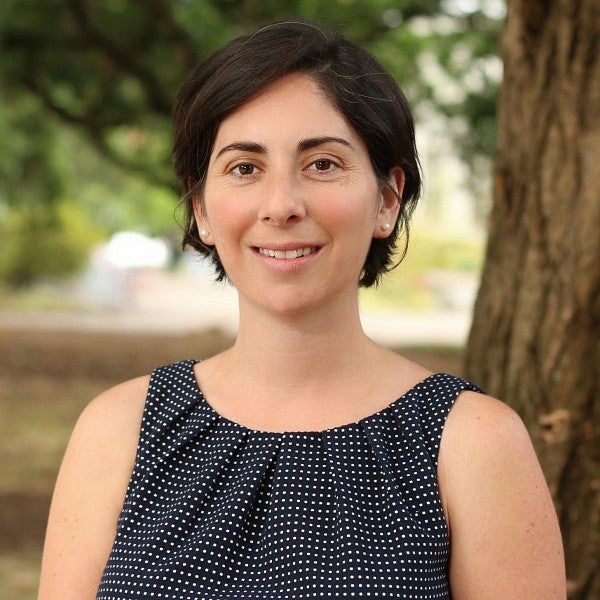
Melissa Graboyes
Associate Professor of History, Global Health Program
Melissa Graboyes is a historian of modern Africa and a global health specialist whose research focuses primarily on medicine and science in the East African region.
Graboyes’ current research projects have been supported by major research funds. Her work on the history of malaria elimination on the African continent is funded by a five-year National Science Foundation CAREER award. A three-year collaborative research project on returning research results from social science disciplines to African participants—removing costly barriers to make findings more accessible—is funded with a three-year NSF award. She is also working on global health research at the local Eugene level through her project on aspects of care for people who inject drugs.
As a mentor, Graboyes works with undergraduate students in research groups. She leads the Global Health Research Group, which helps students gain skills and tools for conducting undergraduate research. The group consists of students interested in global health-related topics, as well as students majoring in a STEM field who are interested in ethics, history and the processes of science.

Schnitzer School of Global Studies and Languages
At the Schnitzer School of Global Studies and Languages, UO students engage with diverse cultures, languages, histories, and lifeways across the world. Students of the social sciences, from Anthropology to Sociology, will broaden and deepen their education in their field by viewing it—and experiencing it—through a global lens. GSL prepares our graduates for life after college with an interdisciplinary curriculum, innovative language teaching, abundant learning opportunities outside the classroom, and paths of study that lead to many options for real-world careers.
Research in the Social Sciences
Research in the social sciences investigates human behavior and the motivations that influence it. Although some of our research occurs in the lab, much of it is conducted out in the field using a variety of methodological approaches, from exploratory to experimental. The results of our research often carry societal-level implications and may point to solutions for addressing local, national, or global challenges.
2024-2025 Sponsored Research in Social Sciences
Between July 2024 and June 2025, researchers in CAS received $83 million to fund 199 research projects, including approximately $6 million for Social Sciences. The research projects, which span divisions and fields of study, represent CAS's commitment to curiosity, discovery, and innovation.
Explore Other Majors and Minors in the College of Arts and Sciences
Meet Our Dean
Welcome to the social sciences division of the College of Arts and Sciences. Within our community, we address some of the world’s problems—big or small—through interdisciplinary research and critical thinking. What drives us is a passion for exploring human behavior and society.
The social sciences provide the necessary foundation for any academic inquiry, from the creative arts to the natural sciences. Inside the classroom, we lead courses that are engaging and thought-provoking, inspiring students to become better citizens of our world and work toward a more inclusive future.
We also believe real-world experience offers some of the most impactful learning opportunities. From internships to study abroad trips that offer new cultural experiences, our students regularly engage in hands-on learning work that reaches across social, disciplinary, and geographic boundaries, allowing them to forge new connections and spark new ideas.
We look forward to changing the world with you.
Bruce McGough
Divisional Associate Dean, Social Sciences
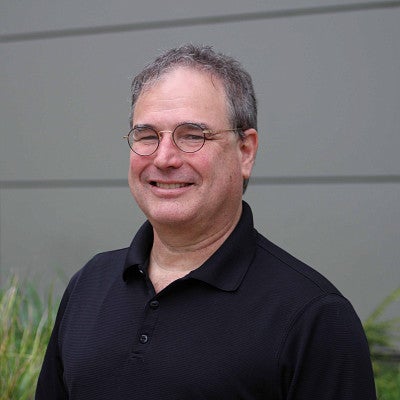
Happening at CAS
10:00–11:00 a.m.
Interested in studying abroad in Northern Italy? Join the Exploring the Dolomites info session to learn more about Global Education Oregon's Exploring The Dolomites: Landscape, History, Ecology, And Literature In Northern Italy program!
3:30–4:30 p.m.
Northwest Native American Language Resource Center.
Methods for evaluating community capacity, commitment, and readiness to succesfully implement projects.
Participation is on a first come, first served basis. We are capped at 50 participants per workshop.
Register at: https://forms.office.com/r/NjGWyE6sxe
10:00–11:00 a.m.
Please join us Tuesday mornings for a free cup of coffee, pastries, and conversation with your history department community! We’re excited to continue this tradition for our history undergraduate and graduate students, faculty, and staff. We hope to see you there!
7:00 p.m.
Please join the Department of History for the January pub lecture. Professor Charise Cheney will discuss "Blacks against Brown: The Intra-racial Struggle over Segregated Schools in Topeka, Kansas."
Free and open to everyone!
The UO Department of History presents a series of talks with scholars about history, from the local to the global. Join us for stories, food, and conversation in a casual setting!

